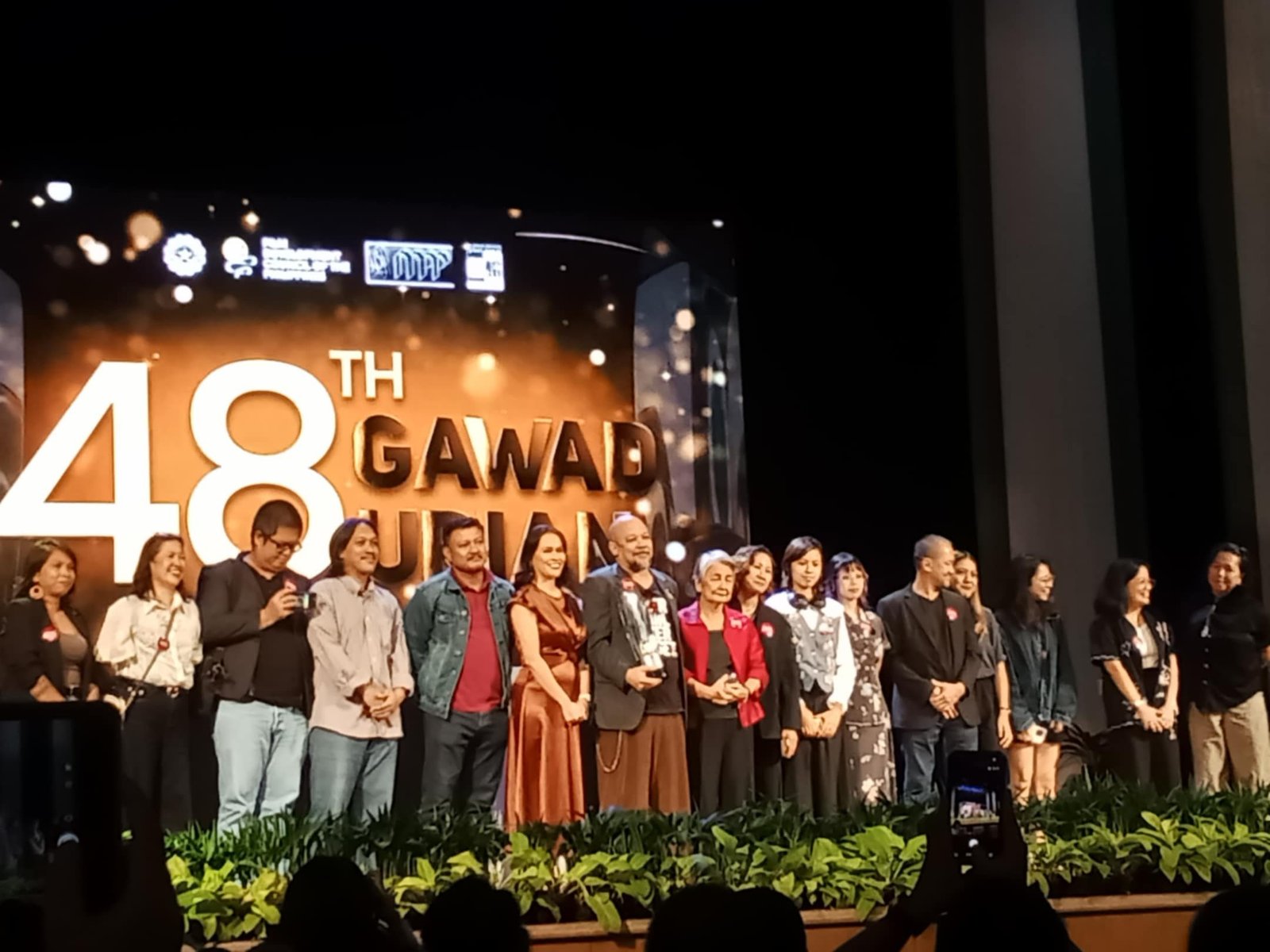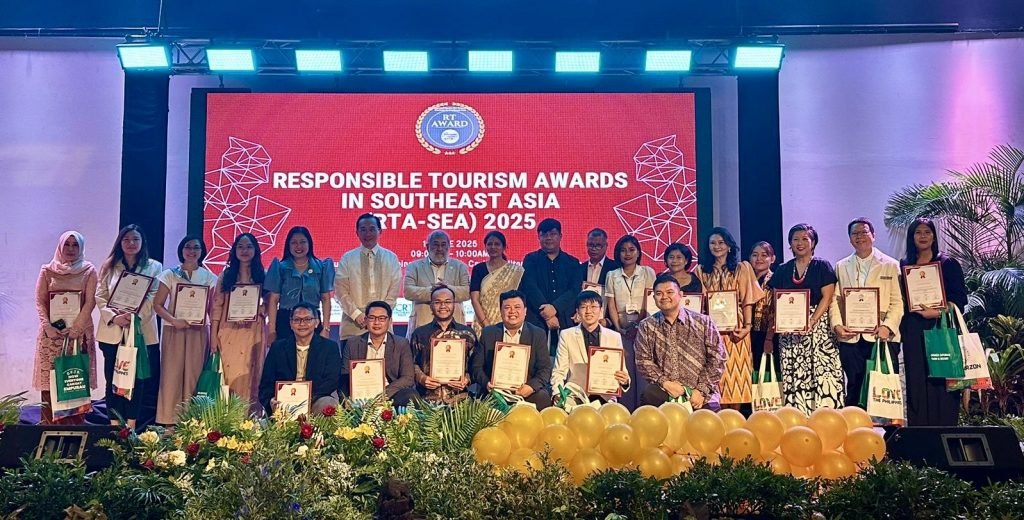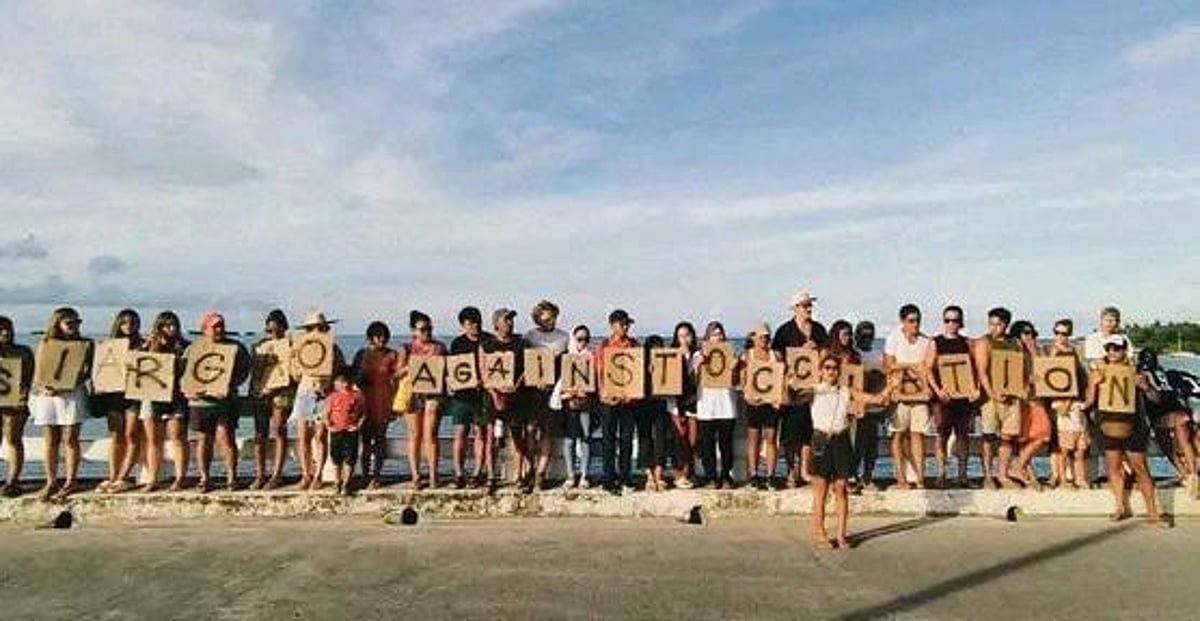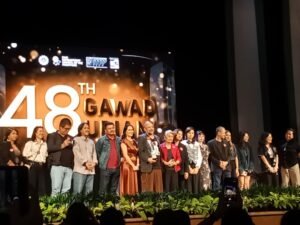Last year we launched Responsible Tourism Awards in South East Asia organised with our partner the International Centre for Responsible Tourism and Hospitality (ICRTH). This year’s entries were stronger and we recognised two Gold entries in two categories, real testament to the strength of the applications this year, we aim to recognise only one God in each category. You can find all people being recognised in South East Asia on the ICRT.global website along with detailed citations explaining why they were selected by the international panel of judges across six categories.
I have been chairing all the regional judging panels and the Global Awards since they were launched by Justin Francis of Responsible Travel in 2004. Each year, we receive more — and stronger — entries, clear evidence of the progress being made by the many thousands of people committed to taking responsibility and making tourism better. I am continually inspired by the stories we uncover, and I know that many others are too.
You can find details of the changemakers we have recognised so far this year in Africa, Latin America, and now South East Asia. The Europe and India regional awards remain open until the end of the month. If you know of businesses, destinations or travel and tourism organisations that should be recognised, please encourage them to enter. The judges can only select changemakers from among those who apply.
The 2025 ICRTH Annual Conference was held in Manila, and the event was opened by Christina Garcia Frasco, the Secretary of Tourism. She clearly shares the enthusiasm and ambition for change that characterise the Responsible Tourism Movement.
In her opening address, she said: “The task before us is … to boldly shape what must be a global tourism landscape that is more equitable, more resilient, and deeply anchored in respect – for communities, for cultures, and for the environment. In the Philippines, we believe that tourism must be anchored not only in strategy, but in values – values deeply rooted in our Filipino culture … malasakit or compassion, bayanihan or a sense of community, and maka-kalikasan or care for the environment. These values are not abstract ideals. They are the moral compass that guides our national tourism strategy.”
The 2023–2028 National Tourism Development Plan, she affirmed, that ” it’s not merely a road map for visitor growth – it is a declaration of purpose. It positions tourism not as an end in itself, but as a means to achieve broader goals of sustainability, equity and national development.”
This is an inspiring — and regrettably rare — commitment to communities, asserting that tourism should provide a “lifeline … providing resources that feed them, ensuring equal access to opportunity, and building resilience against crises… so the benefits of tourism reach families, uplift livelihoods, and fuel local development.”
These are the aspirations of Responsible Tourism — aspirations surely shared by all those recognised this week in the South East Asia Responsible Tourism Awards. We recognised over 20 outstanding contributors, all listed and explained on the ICRT.global website.
There is only space here to mention the two Gold winners in two of the six categories. Further details about all winners can be found on the Awards website.
Nature Positive Tourism
Astungkara Way is a regenerative travel and farming initiative based in Bali. Regenerative travel is a rare phenomenon; the judges were impressed by this approach, which combines environmental regeneration with an opportunity to nourish the soul through pilgrimage.
Cardamom Tented Camp was created in 2017 to support forest rangers in protecting 18,000 hectares of lowland forest habitat in Botum Sakor National Park, southwestern Cambodia. Its business model supports efforts to combat illegal wildlife trade, deforestation, land grabbing, and river sandbank dredging.

All-Inclusive
Nay Palad Hideaway is a luxury eco-resort on Siargao Island in the Philippines, “where barefoot luxury is reimagined through deep respect for nature, culture, and community.” Each guest enjoys a “fully personalised and all-inclusive” stay, with “tailored activities, menus, and wellness experiences that encourage guests to slow down, reconnect with nature, and embrace a sense of presence.”
Founded in 2017, Sen Caraih Cultural and Ecotourism Village in Vietnam is a grassroots, community-driven initiative founded and operated by indigenous Cham farmers in Mỹ Nghiệp Village. Underutilised lowland rice fields have been transformed into vibrant lotus fields, serving as the foundation for sustainable, culturally immersive ecotourism experiences. Sen Caraih offers visitors a profound, participatory experience rooted in the daily life, traditions, and agricultural practices of the Cham people.
The competition among those recognised with Gold in the five regional awards — all vying for recognition in the Global Awards, sponsored by Sabre — is intense. As the citations are published on the ICRT.global website, you’ll be able to see who inspires you and understand the complexity of the task that awaits the international panel of judges later this year. Those recognised will undoubtedly be inspiring changemakers.
For details of those already recognised, and for entry forms for India and Europe, sponsored by easyJet holidays, visit ICRTH website.











